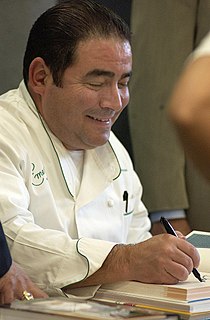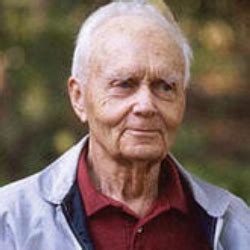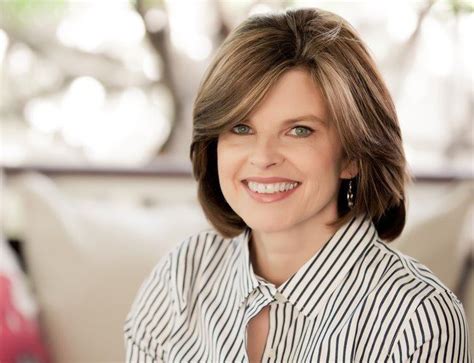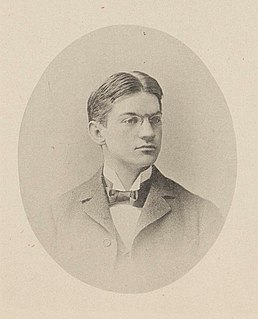A Quote by Margaret Atwood
It's a critical fallacy of our times ... that a writer should 'grow,' 'change,' or 'develop.' This fallacy causes us to expect from children or radishes: 'grow,' or there's something wrong with you. But writers are not radishes. If you look at what most writers actually do, it resembles a theme with variations more than it does the popular notion of growth.
Related Quotes
We grow because the clamorous, permanent presence of our children forces us to put their needs before ours. We grow because our love for our children urges us to change as nothing else in our lives has the power to do. We grow (if we're willing to grow, that is: not every parent is willing) because being a parent helps us stop being a child.
It feels as though a very disproportionate number of main characters are writers, because that's what the writer knows. Fair enough. But nothing bothers me more in a movie than an actor playing a writer, and you just know he's not a writer. Writers recognize other writers. Ethan Hawke is too hot to be a writer.
Until I was about 7, I thought books were just there, like trees. When I learned that people actually wrote them, I wanted to, too, because all children aspire to inhuman feats like flying. Most people grow up to realize they can't fly. Writers are people who don't grow up to realize they can't be God.
If our entertainment culture seems debased and unsatisfying, the hope is that our children will create something of greater worth.But it is as if we expect them to create out of nothing, like God, for the encouragement of creativity is in the popular mind, opposed to instruction. There is little sense that creativity must grow out of tradition, even when it is critical of that tradition, and children are scarcely being given the materials on which their creativity could work
The writers I care about most and never grow tired of are: Shakespeare, Swift, Fielding, Dickens, Charles Reade, Flaubert and, among modern writers, James Joyce, T. S. Eliot and D. H. Lawrence. But I believe the modern writer who has influenced me most is Somerset Maugham, whom I admire immensely for his power of telling a story straightforwardly and without frills.



































